QuestionHi jessica,
my name is gallina,and i have a tuxedo cat at home,he was found on my deak,and i loved him the moment i saw him,He is HIV positive,and for about 2 weeks now he has been haveing soft stools,now i am wondering should i be worried? he was skinni or thin when we adopted him,and now he is fat,but happy i want to know if i should be worried,and is thier any kind of diet you would reccomand for Minky? that is his name.
thanks,
gallina
AnswerHi Gallina,
It's common for FIV+ cats to have soft stools. Because of their compromised immune systems, bacterial, viral and protozoan infections are more easily able to take hold in the intestines than in healthy cats. Some of the most common problems that cause diarrhea are coccidia and giardia (protozoan), campylobacter (bacterial), corona virus (viral, obviously) and roundworms (worms that live in the intestines and feed off your cat's food). Sometimes food can be the culprit, too. If you have recently changed his food, try changing his food back to see if that helps.
I recommend bringing your kitty in to the vet, along with a stool sample. They can run some fecal tests to determine if any of these problems are causing his diarrhea. Most cats who have been outdoors do have roundworms. Much less commonly, tapeworms can cause diarrhea, but you will notice rice-like segments of these worms in his stool and bedding. Antiparasitics can be given to treat these worms, and antibiotics can take care of the other germs I mentioned. The only exception is the corona virus. This tends to run its course in about 10 days, although immuno-compromised cats can struggle with it longer. The good news is that the diarrhea tends to be mild and self-limiting before it causes any real damage.
There is a condition much like human Krohn's Disease, called Inflammatory Bowel Disease. This causes diarrhea for unknown reasons. The immune system and stress play a large part. It seems the intestines and stomach lining become inflamed due to bacteria and sometimes to food ingredients. They are no longer able to function properly. Sometimes the result is severe diarrhea, and sometimes it's vomiting. These cats suffer so chronically that they'll die without treatment. The best diagnostic is an endoscopy, done under anesthesia, along with a biopsy. However, because this is so invasive, most vets recommend a trial of medication to see if the patient improves. This is generally prednisone. The dose can be tapered down as the cat improves. Other medications can be used if prednisone is not effective. A diet with proteins that have been broken down into amino acids is also recommended. This will only be available by prescription.
Best of luck!
Jessica

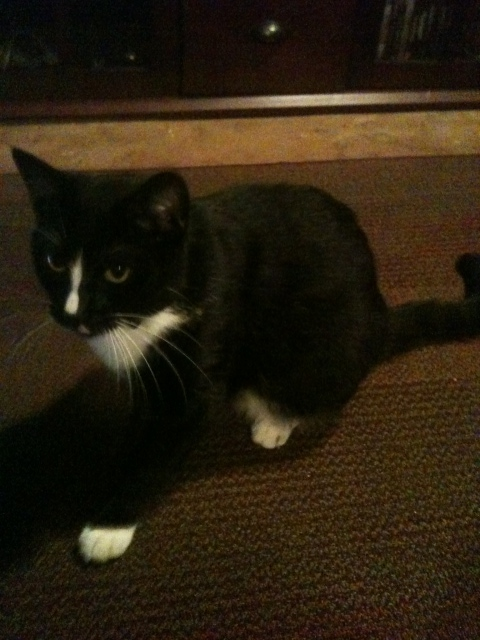 Identify Cat Breed?
Question
picture of my cat picture of my cat &nbs
Identify Cat Breed?
Question
picture of my cat picture of my cat &nbs
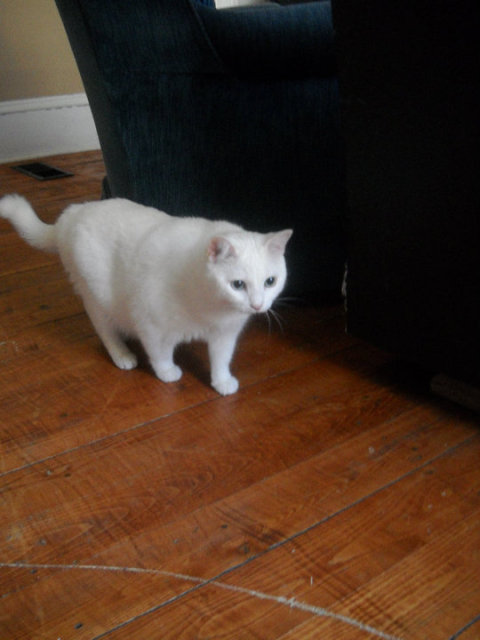 Breed Identification
Question
Zoey
I was curious if you could identify the b
Breed Identification
Question
Zoey
I was curious if you could identify the b
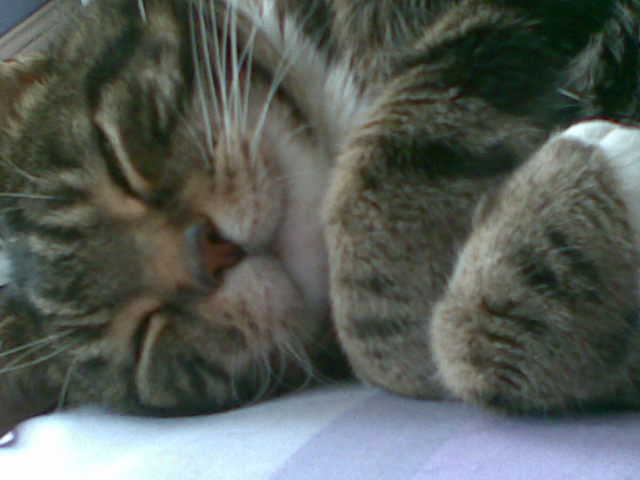 my cat!
QuestionQUESTION: I recently e-mailed a question to you
my cat!
QuestionQUESTION: I recently e-mailed a question to you
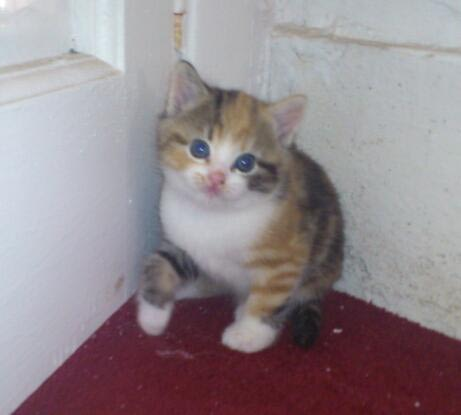 is my male kitten a tortoiseshell?
Question
our wee guy our wee guy
Hi,
I am
is my male kitten a tortoiseshell?
Question
our wee guy our wee guy
Hi,
I am
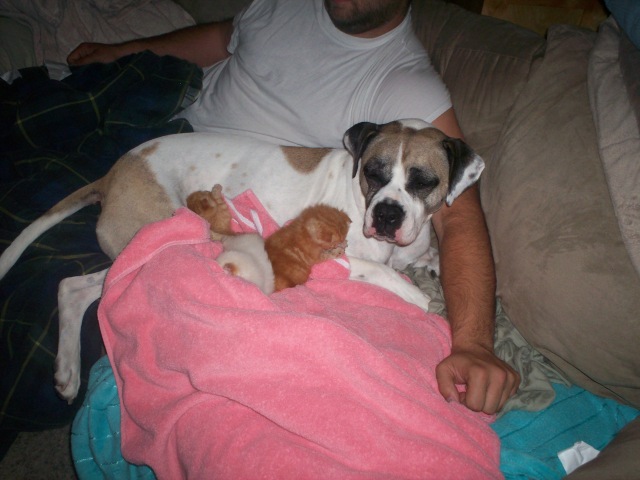 how long do I need to bottle feed?
Question
3 weeks old with their
4 weeks ago I was ridin
how long do I need to bottle feed?
Question
3 weeks old with their
4 weeks ago I was ridin